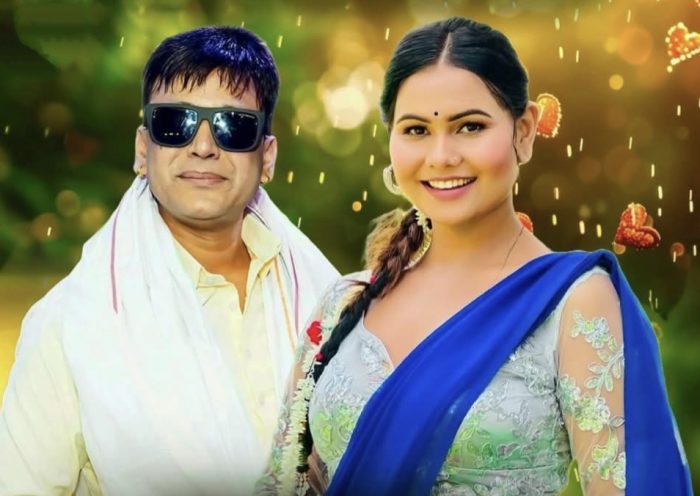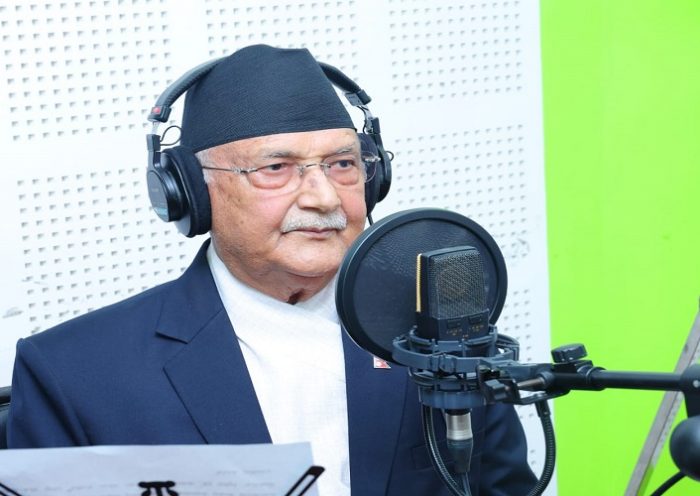What To Know नेपाली चलचित्र क्षेत्रका महानायक राजेश हमालको जीवन, अभिनय, व्यक्तित्व र बोली दशकौंदेखि लाखौं दर्शकको मनमा बसेको छ। उनी एक सफल कलाकार मात्र…

Presenting: Looking and sounding your best
What To Know
- “Broadcasting is a performance and, even if you’re reading a serious script, you need to sound interested if you’re to keep your audience with you.
- For television presenters, the clothes you wear and the accessories you use have a big impact on the way the audience sees you, says style consultant Lynda Wood.
Good delivery and making the most of your voice are equally important for television and radio presenters. Voice coach Elspeth Morrison and style consultant Lynda Wood advise on how to look and sound your best.
“The first tip for presenters on radio and television is to sound like you mean what you’re saying,” says Elspeth Morrison. “Broadcasting is a performance and, even if you’re reading a serious script, you need to sound interested if you’re to keep your audience with you.”
Accents and diction
BBC viewers, listeners and broadcasters have different regional accents and no one accent is inherently ‘better’ than any other. But clarity is important and the only valid objection to any accent is if it can’t be understood by the audience.
There is one particular feature that annoys many listeners: an upward inflection at the end of every sentence. So if you happen to do that as part of your everyday speech, listen to yourself and ask: does this distract the audience from what I’m trying to say?
Otherwise, think about diction – pronouncing or enunciating the vowels and consonants of each word clearly – and you’ll lessen the risk of viewers and listeners misunderstanding.
Looking good
For television presenters, the clothes you wear and the accessories you use have a big impact on the way the audience sees you, says style consultant Lynda Wood. Your authority and credibility as a presenter are affected by your style.
“Your authority and credibility as a presenter are affected by your style”
You don’t want viewers to be distracted, so the best advice is to keep it simple. You want what you wear to look smart and up to date, without you looking like a fashion victim.
Using a microphone
Don’t be tempted to put the microphone too close to your mouth, as you might have seen singers do. Instead, think of the mic as a human ear and maintain that kind of distance relationship.
You’re not addressing a big crowd, so there’s no need to shout. Talk normally (don’t whisper either) and breathe naturally to avoid sounding tense.
Radio presenters can mark up the script to show where it’s appropriate to take a big pause and smaller pauses for a breath.
Writing your script
Your broadcast voice should sound natural and conversational. Read the script out loud as you’re writing it – and listen to how it sounds.
Choose words you’d use naturally when speaking. These will be easier for you to say and friendly on the audience’s ear. So, for example, you might want to use the word ‘ask’ rather than the more formal ‘request’.
When delivering your script, it’s important to avoid the ‘sing song’ rhythm which is guaranteed to have your audience switching off within seconds. Instead, think about how to use the key words of your story to convey to people what’s going on.
Looking after your voice
As a broadcast journalist, your voice is a key tool of your trade, so it needs looking after.
In terms of what’s good, water is your best friend. Always make sure you have a bottle close by throughout the day when you’re broadcasting or recording. Smoke, coffee, particular foods and prescription drugs can all dry out your voice or have other negative effects.
Your voice reflects how your body is feeling. The trick to sounding alive on late or early shifts is to act like you are wide awake even if you aren’t.
Check your posture – slumping can lead to a flat sound. Some people find it easier to stand.
And if you gesture in real life use some of it in a broadcast – otherwise you won’t sound natural.






